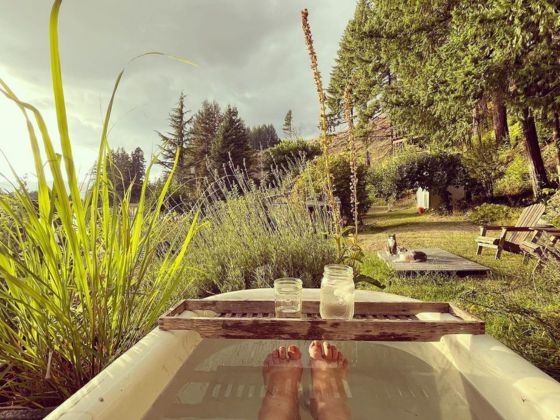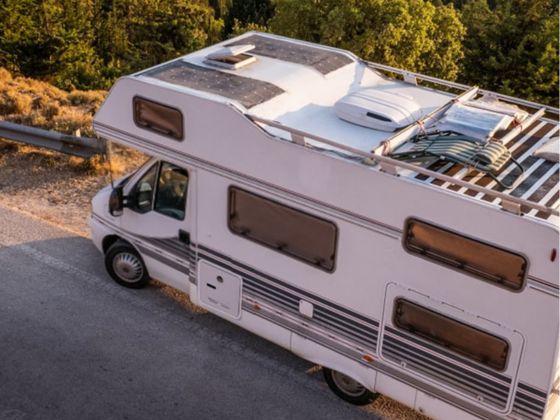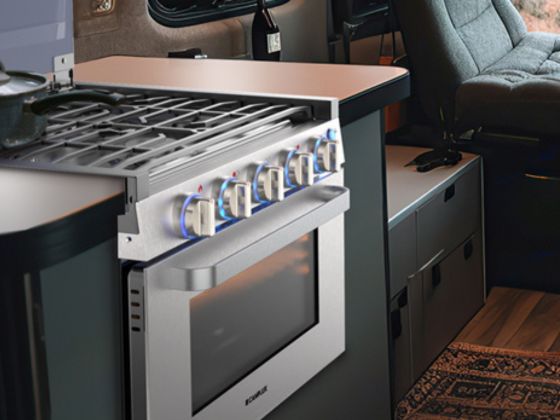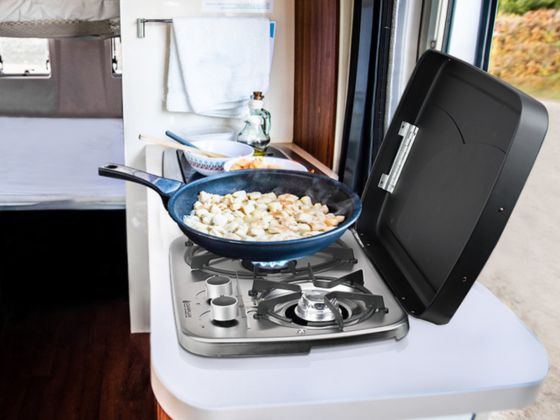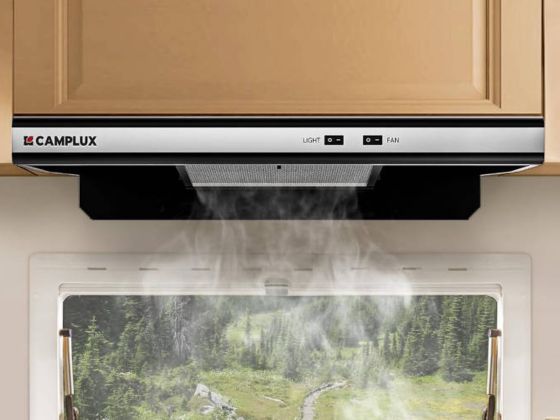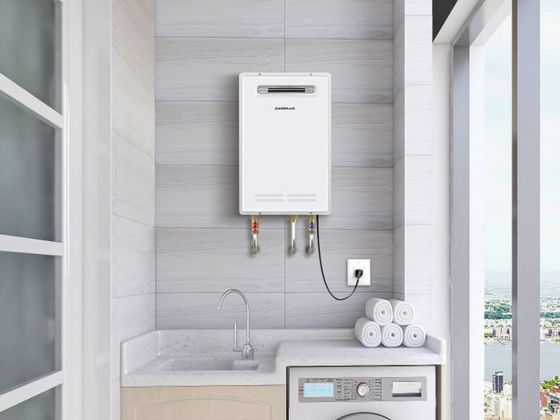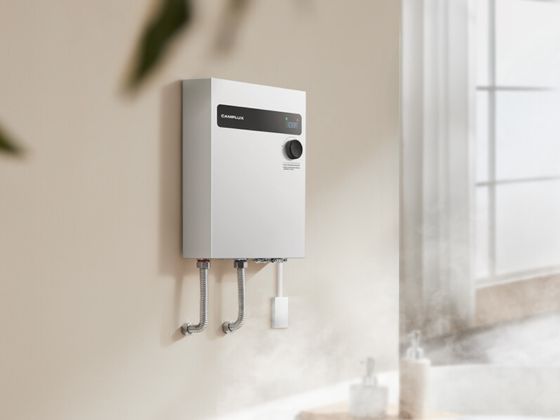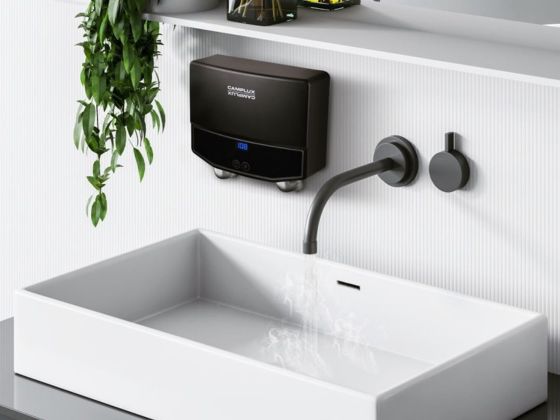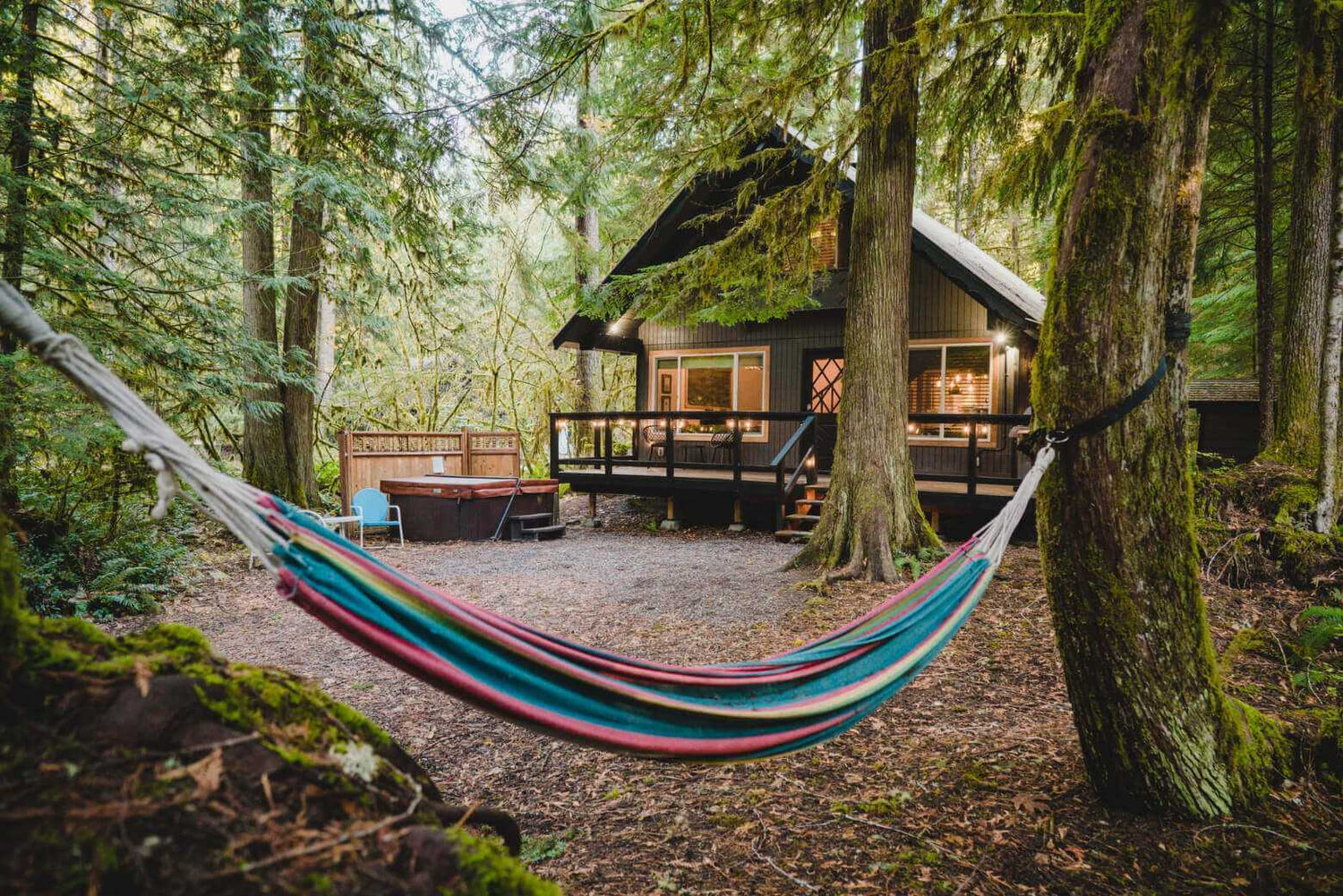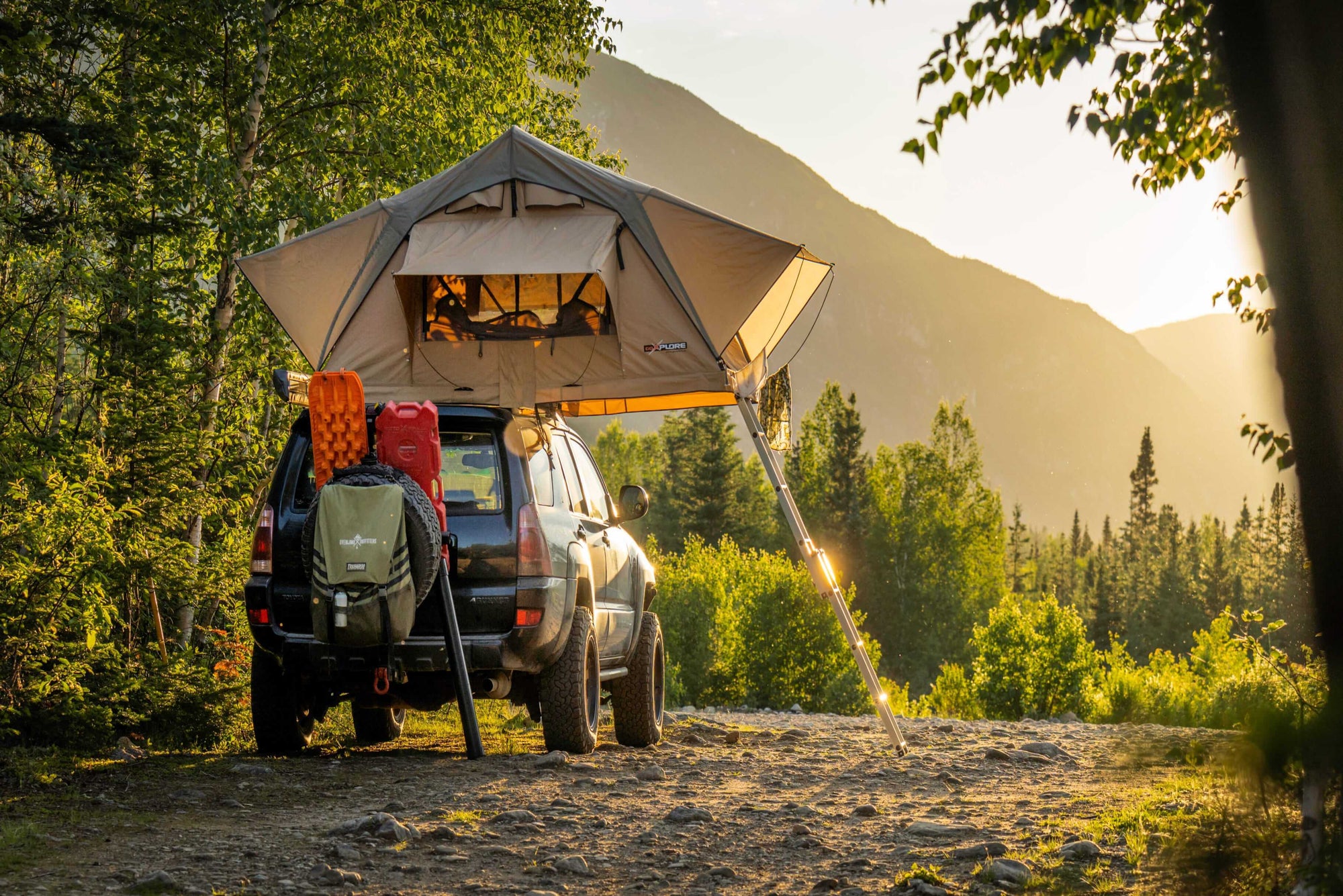Living off the grid has become an increasingly popular lifestyle choice for many people. It offers a sense of self-sufficiency, independence, and connection to nature that can be hard to find in modern society. But what exactly does "off-grid life" mean, and what does it entail?
Off-grid life means living without access to public utilities such as electricity, water, or sewage. This can be achieved in various ways, including using solar or wind power for electricity, digging wells for water, and composting or using septic systems for waste disposal. Off-grid living can also mean living in a remote location away from cities and towns, often on a homestead or farm.

While living off the grid may seem challenging, it can also be incredibly rewarding. Here are some of the benefits of off-grid life:
Self-Sufficiency
Living off the grid means stepping into a self-reliant rhythm, generating your own power, collecting your own water, and managing your own waste. While it presents its challenges, it's also an incredibly rewarding journey, fostering a deep sense of independence and connection to the land. With resourceful planning and the strategic use of off-grid appliances, you can navigate this lifestyle with greater ease and comfort, allowing you to truly immerse yourself in the natural world around you.
Connection to Nature
Living off the grid often means living in a natural environment, surrounded by trees, mountains, and wildlife. This can help you develop a deeper connection to nature and a greater appreciation for the natural world.
Reduced Environmental Impact
Living off the grid often means using renewable energy sources such as solar or wind power, which can significantly reduce your carbon footprint and help protect the environment.
Lower Cost of Living
Living off the grid can be a cost-effective way of life. By generating your own power and collecting your own water, you can save money on utility bills. You can also grow your own food and raise your own animals, reducing your grocery bill.

Of course, living off the grid also comes with its own set of challenges. Here are some of the potential drawbacks:
- Limited Access to Resources
Living off the grid often means living in a remote location, which can limit your access to resources such as medical care, groceries, and other supplies.
- Maintenance and Upkeep
Off-grid systems such as solar panels and septic systems require regular maintenance and upkeep. This can be time-consuming and expensive, especially if you don't have the necessary skills or knowledge.
- Limited Technology
Living off the grid often means living without modern conveniences such as high-speed internet or cable television. This can be challenging for some people, especially those who rely heavily on technology for work or entertainment.
Despite the challenges, many people find that the benefits of off-grid living far outweigh the drawbacks. If you're interested in living off the grid, it's important to do your research and carefully consider all of the factors involved. With the right preparation and mindset, off-grid life can be a fulfilling and rewarding way of life.


